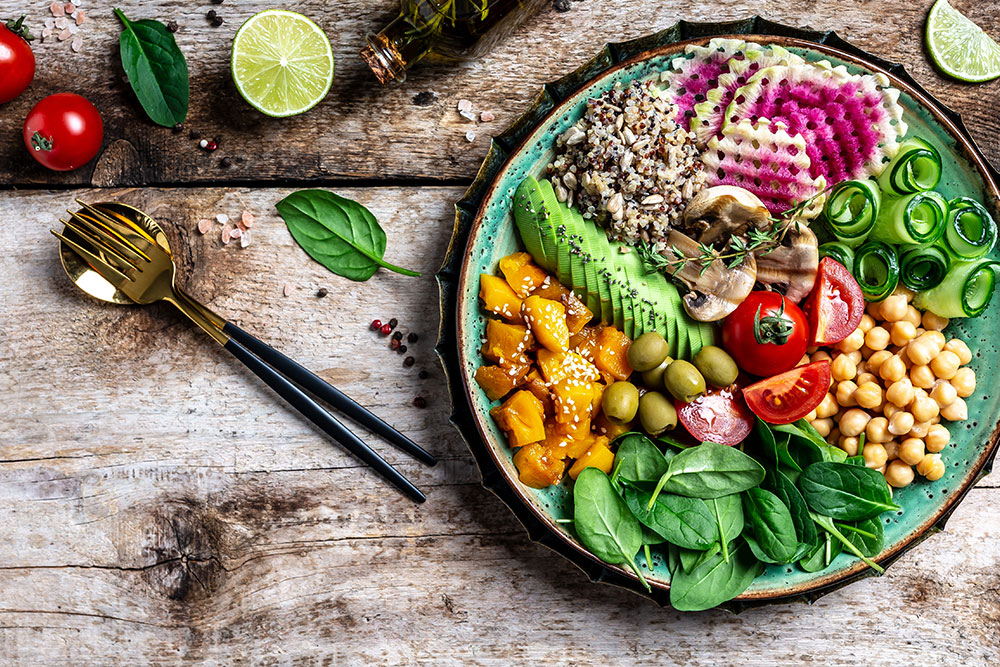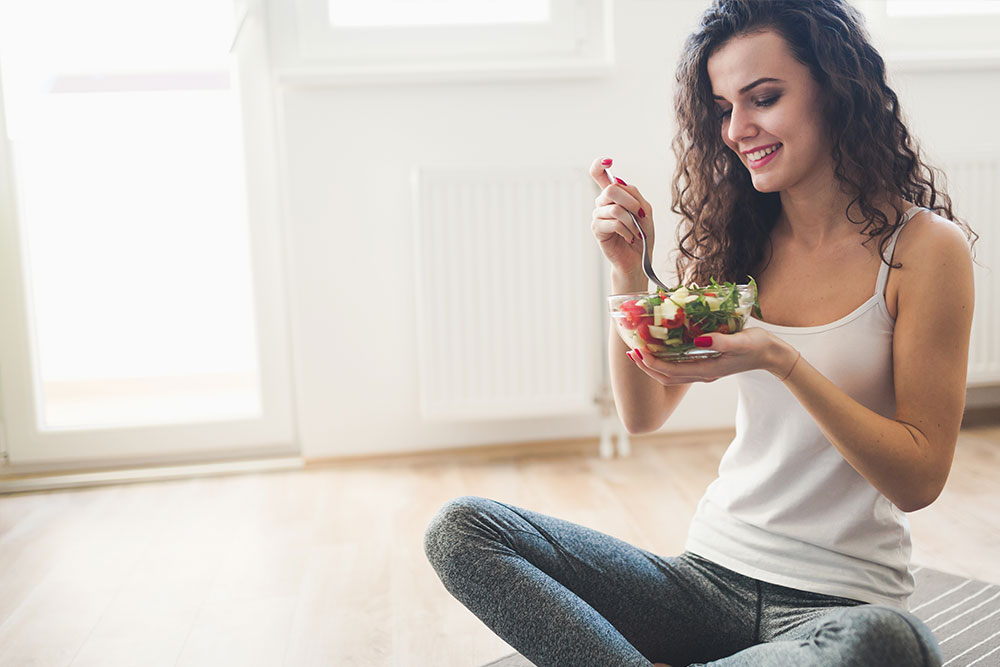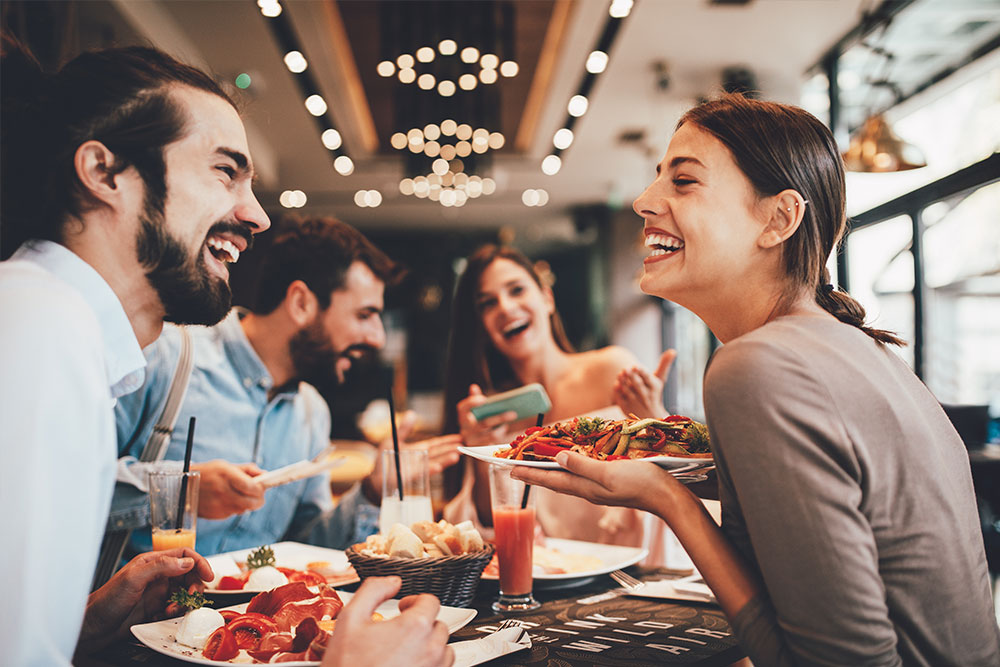If you've been on Instagram recently, you've probably seen the phrase "food freedom" tagged with photographs of ice cream sundaes, selfies, and encouraging quotes. Influencers and dieticians are advocating the concept as a means to restore our connection with food and stop associating eating with feelings of guilt or lack of control, as well as a strategy to combat diet culture.

However, there is still a lot to learn when it comes to food freedom. For example, who should try it, and who should avoid, what are the benefits, and how to practise it. Here, we’ve tried to decode it all for you, with the help of Dr Eileen Canday, head dietician and head of department, nutrition and dietetics Sir HN Reliance Foundation Hospital, Mumbai.
What Is Food Freedom?
In its core, the concept of food freedom is based on establishing and maintaining a healthy connection with food. “Food freedom means feeling in control of the food you eat rather than having food control you. It's about removing the morality from food and acknowledging that what's on your plate does not define you as a person. True food independence means you'll never feel powerless in the face of food again,” Dr Canday states.

Benefits
Dr Canday lists out the following benefits of practising food freedom:
• Food freedom allows you to indulge when it’s worth it, pass over when it isn’t, and never feeling guilt or shame for doing either.
• It makes you never again feel powerless over food. You don’t obsess. You don’t get anxious. You aren’t stressed.
• It implies that eating is once again enjoyable. It means you can do whatever you want with how much, how often, and in what quantities you want while still looking and feeling amazing.
• It means you don't over-restrict or binge indiscriminately.
• You make intentional, deliberate choices when it comes to food.

Drawbacks
While the pros outweigh the cons, Dr Canday still warns about the possible drawbacks below:
• Food freedom has the potential to lead to overindulgence.
• Allowing yourself to consume without being attuned can make you feel like you're in free fall.
She also goes on to suggest that food freedom is a discipline for intuitive and mindful eaters to attain the optimum balance, physically and emotionally.

Tips To Practice Food Freedom
If you’re wondering how to get started on food freedom, and regain your relationship with food, Dr Canday lists down some tips you could follow:
• No limitation, deprivation, guilt, humiliation, or fear of being judged when eating. Getting rid of the diet mentality, in other words.
• Recognising that there is no ideal method to nourish your body, and giving up the need to eat “perfectly”.
• Believing that your self-worth is unaffected by what you consume.
• Never categorise food as "good" or "bad," as this is both ineffective and misleading.
• Never punishing yourself after a moment or even a whole day of less-than-healthy eating, or overeating, by counting calories, macros, numbers on a scale, or strictly portioning food.
In Conclusion
Food freedom, when done right, can transform how you view your relationship with food. However, it does require a certain level of mindfulness at the beginning. Once you have control over what works and doesn’t work for you, then this practice is easier to engage with.